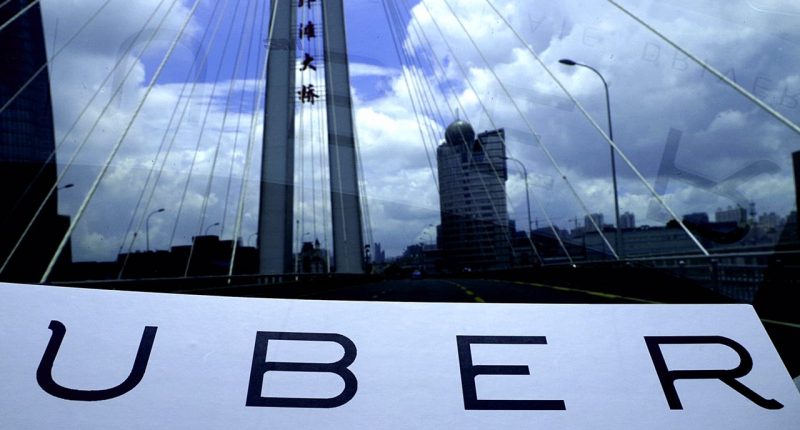Uber Technologies Inc. has not had the best of times with the courts in recent times. On Friday, it suffered an important defeat as it lost an employment tribunal challenge in the Supreme Court in the UK. The apex court in the country ruled that drivers must be classified as workers entitled to a minimum wage and vacation time, and not as independent workers which would deprive them of employment benefits.
The case is one that has garnered attention from many corners because of the effect it will have on the gig economy, especially the business of companies like Uber that rely on a labor force of independent servicers to provide services ranging from car rides to delivering food.
Uber echoes the sentiment of other gig-economy companies that their model gives people the flexibility to choose their hours of work, while critics counter that it erodes job protection and the traditional relationship between a company and an employee.
In 2020, Uber was sued by the California Supreme Court for failing to comply with Assembly Bill 5 and to ensure that company drivers received the status of “employees”. The British Supreme Court’s ruling on Friday is expected to set a precedent for others across neighboring countries. An employment tribunal will decide how to reward the drivers, who alleged that Uber behaved more like an employer by setting rates, assigning rides, requiring drivers to follow certain routes, and using a rating system to discipline drivers, reducing the scope of flexibility.
Uber first entangled with the matter in 2016 when the Employment Tribunal ruled in favor of two former Uber drivers, Yaseen Aslam and James Farrar. They had alleged that Uber did not pay minimum wage and failed to provide paid leave. Uber defended the claim, arguing that the claimants were not “workers”, and therefore were not afforded protection under employment law.
After Friday’s ruling, this matter, hopefully, will change.
Nigel Mackay, a partner at Leigh Day, the law firm representing the drivers, said that Uber would have to begin providing a minimum wage and holiday time to drivers or risk facing a wave of cases from others. Mr. MacKay said he hoped the decision would provide a stronger legal basis for other countries to provide more labor protections for gig workers.
“People around the world will be following this decision,” he said.
Uber has been working against efforts to classify drivers as employees. In California, it funded a successful ballot measure by the name of California Proposition 22, exempting itself from providing health care, unemployment insurance, and other benefits to its drivers. Uber said that it was pushing for some of the same principles that were featured in the Prop 22 ballot initiative.
This case is a massive win for Uber drivers and gig economy workers since they will finally be able to get out of the “position of subordination and dependency to Uber” and get employment protections they currently don’t have.
Currently, the gig economy has around 60,000 drivers in the UK, and extending employee benefits to all of them would cripple the company. Uber had said earlier that it aimed to “reduce driver incentives” and expected driver dissatisfaction to increase as a result. It said that its business would be “adversely affected if drivers were classified as employees instead of independent contractors”.
This ruling set a precedent that may work against other businesses which depend on the gig economy as well. Companies like Ola operate similar models where people are hired on a job-by-job basis. While this ruling does not mean that everyone in the gig economy can be classed as a “worker”, it opens the door for them to bring similar legal challenges.
The Tech Portal is published by Blue Box Media Private Limited. Our investors have no influence over our reporting. Read our full Ownership and Funding Disclosure →






